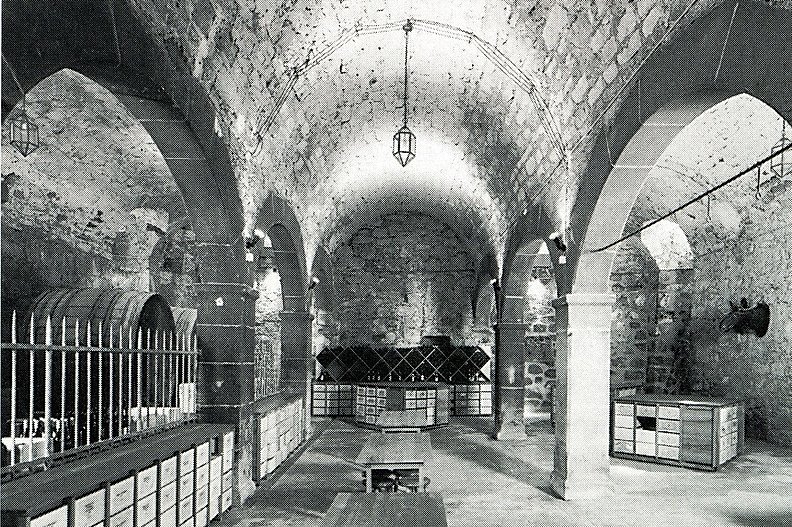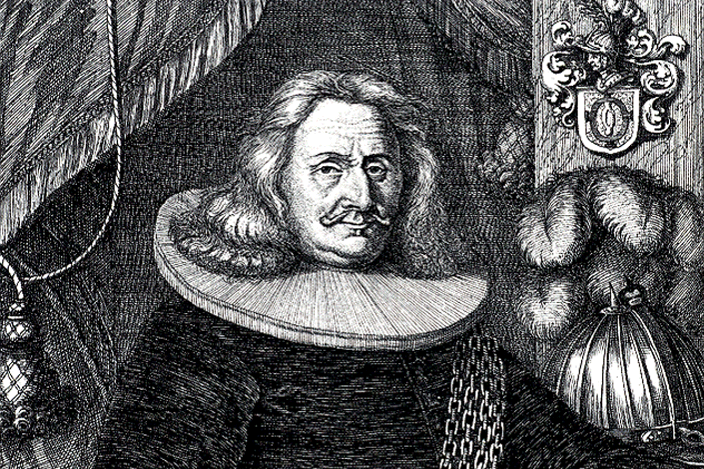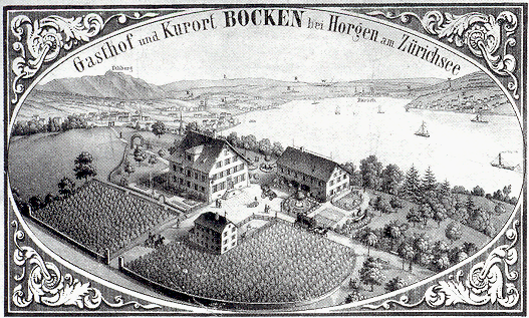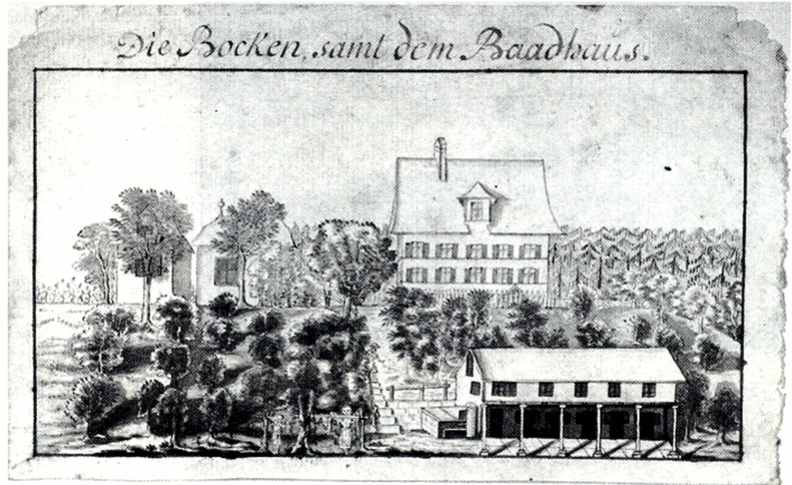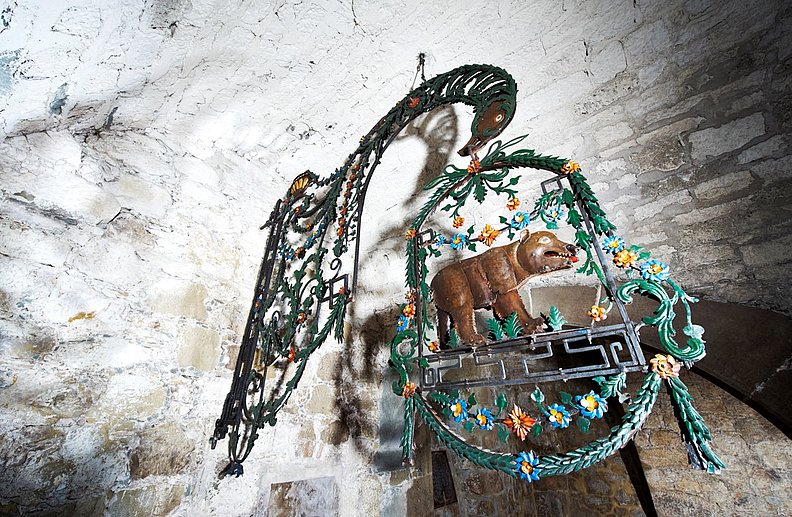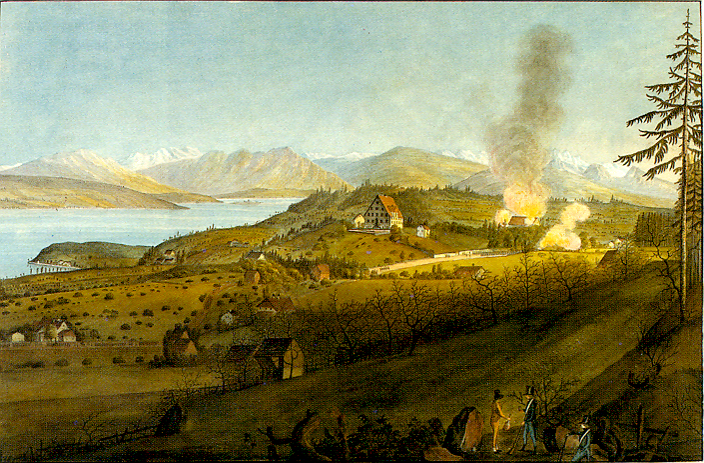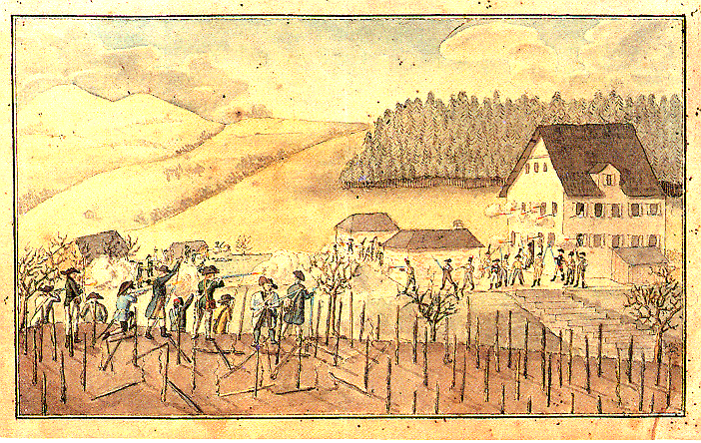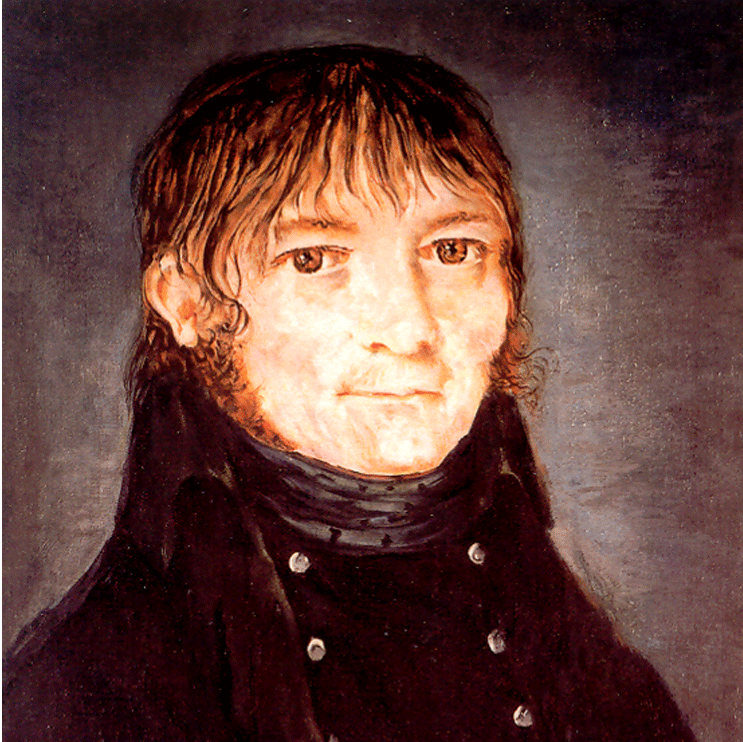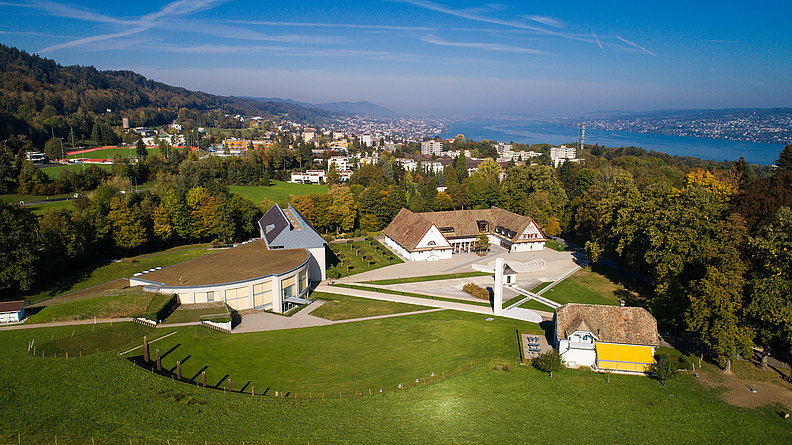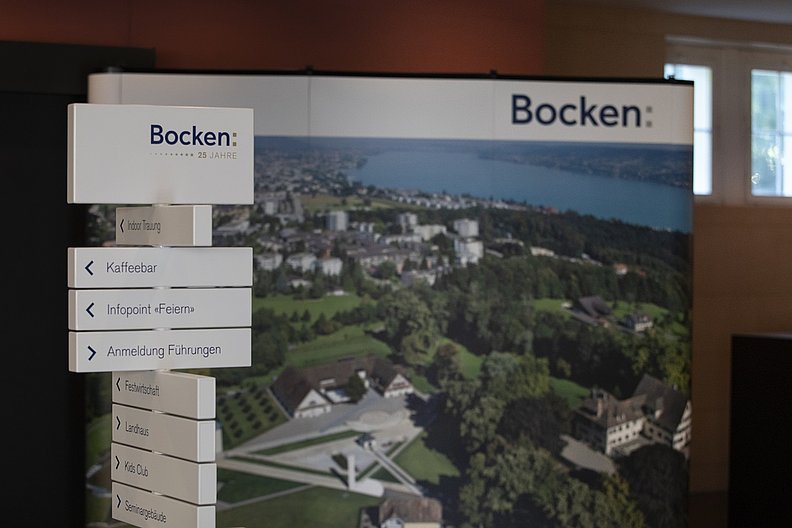History
How to get to the bottom of the origin
It has been a summer residence, a tavern, a spa, a school for girls – but throughout its varied history, the Bocken has always stood for the same values: hospitality, well-being and learning.
The country estate was first mentioned in the 13th century. In 1804, the area and the tavern were at the centre of the Bocken Rebellion, a popular uprising in protest at local tithe law. During the 20th century, the estate changed from being a popular destination for outings to become a model agricultural enterprise and then a flourishing cultural centre, a meeting place for musicians and writers.
In 1977, the estate passed into the ownership of the canton of Zurich, which granted the right of use to the Schweizerische Kreditanstalt (now Credit Suisse). In 1993, Credit Suisse bought the property and, one year later, opened the Bocken Hotel and Conference Centre.
Opening
The Credit Suisse Communication Center was opened in April 1994. The seminar building with the integrated hotel wing with 40 rooms was newly built and meeting rooms for the management were set up in the historic Landhaus. The conversion of the Reitgebäude into an event location and restaurant took place in 2003/2004.
